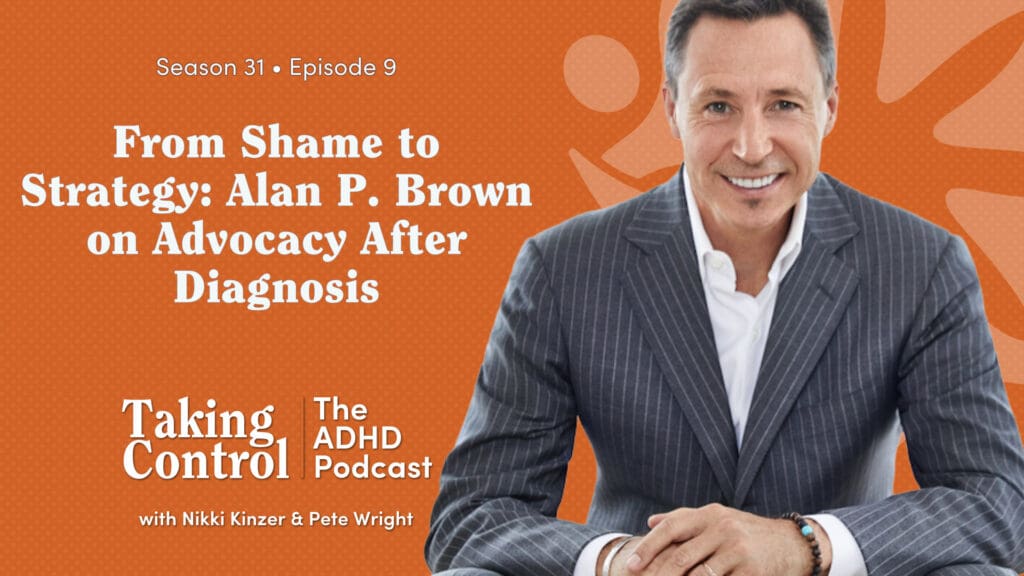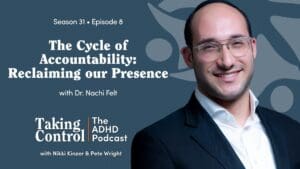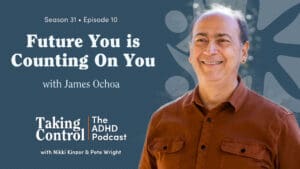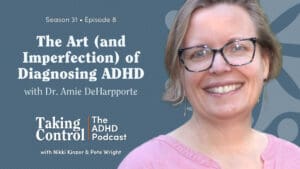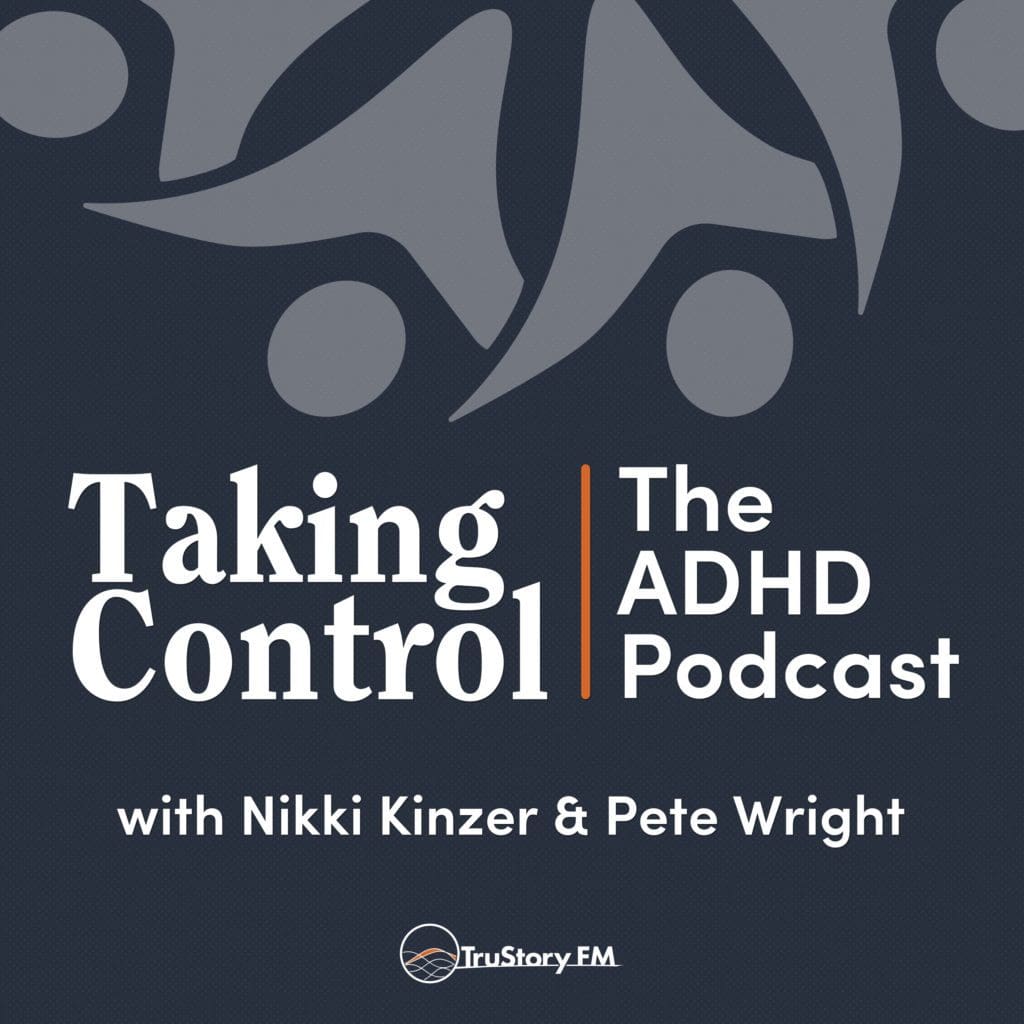In 1992, a struggling advertising executive in Manhattan walked into his Upper East Side doctor’s office with what he thought might be a revelation. His boss had just been diagnosed with ADHD, and the symptoms—the scattered thinking, the time that evaporated, the constant feeling of running to catch up—sounded eerily familiar. The doctor listened, nodded, and delivered his professional opinion: “ADD is a myth created by the media. You just need to do more crossword puzzles.”
Alan Brown took that advice seriously. For five years, he became exceptional at the New York Times crossword puzzle—almost able to complete the notoriously difficult Saturday edition. His ADHD, however, remained completely uncured.
This week on Taking Control: The ADHD Podcast, Alan Brown—now known as the ADD Crusher—returns after nine years to unpack a question that haunts nearly everyone with ADHD after diagnosis: Now what?
Because here’s what nobody tells you: getting diagnosed is the easy part. The hard part is learning to ask for what you need without drowning in shame. The hard part is figuring out how to advocate for yourself when the very act of asking feels like admitting defeat.
Alan walks us through a discovery that transformed his career: the moment he refused a shared office space and, instead of being fired or labeled difficult, ended up with a private office overlooking lower Manhattan. It wasn’t magic. It wasn’t luck. It was understanding something fundamental about advocacy that most people miss entirely.
The conversation reveals two deceptively simple mindset shifts that unlock the door to effective self-advocacy. The first: replacing “I suck at this” with “I’m trying.” The second: swapping “I should be able to” with “I am willing to.” These aren’t just feel-good affirmations—they’re the difference between staying stuck and making progress.
But there’s a deeper pattern here in the concept of “expansionist thinking”—the ADHD superpower of seeing connections and possibilities everywhere—and how it becomes weaponized against us. One small failure explodes into “I suck at everything.” One unmet expectation spirals into complete self-doubt. Understanding this pattern is the first step to interrupting it.
Throughout the conversation, a central question emerges: When are you at your best? Not when do you think you should be at your best. Not when does everyone else seem to be at their best. When are you actually, genuinely at your best? Answer that question honestly, and you’ve identified every accommodation you’ll ever need.
Alan shares his upcoming presentation at the ADHD conference in Kansas City—“Ten Simple Mindset Shifts for More Doing and Less Stressing”—and offers his free ebook at ADDCrusher.com: “Five Things We’re Doing Every Day That Make Our ADHD Worse.”
Because it turns out the real question isn’t whether you deserve accommodations. The real question is: what becomes possible when you finally ask for what you need?
Links & Notes







